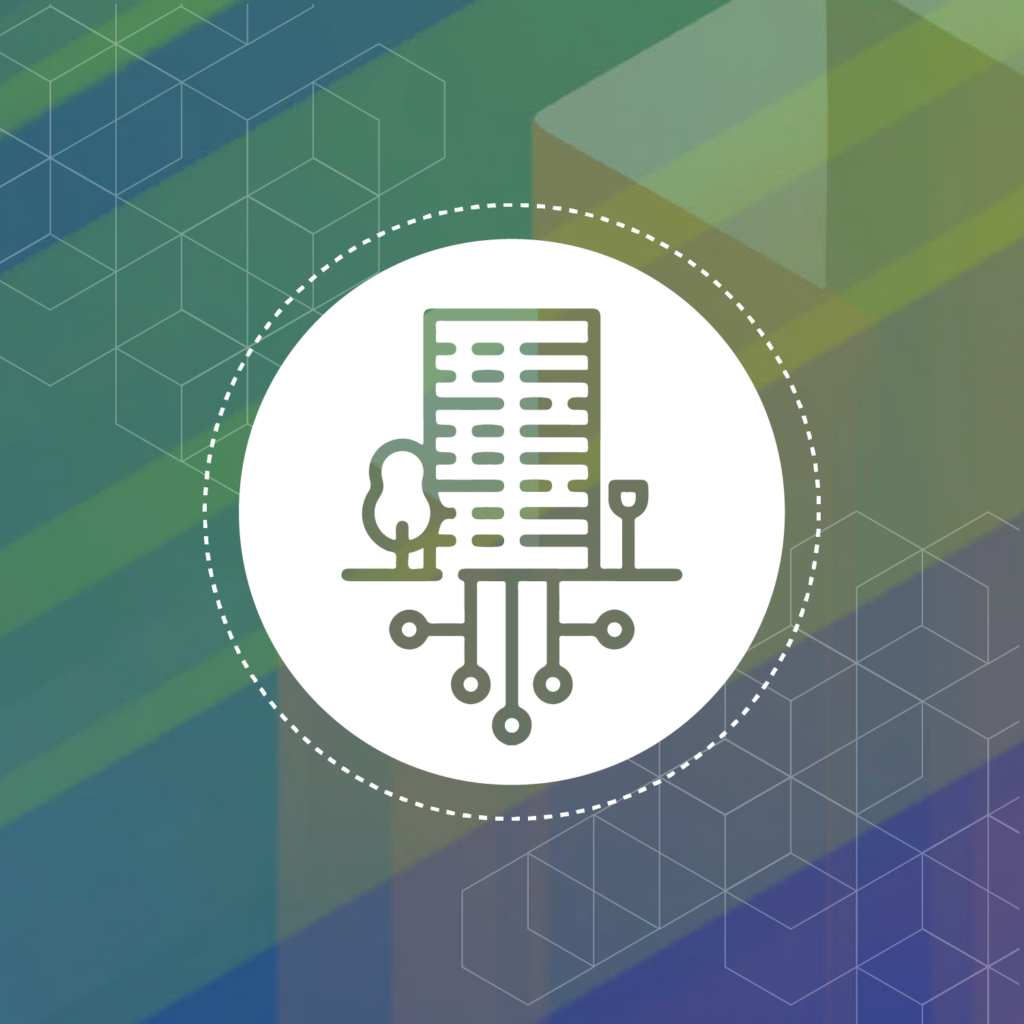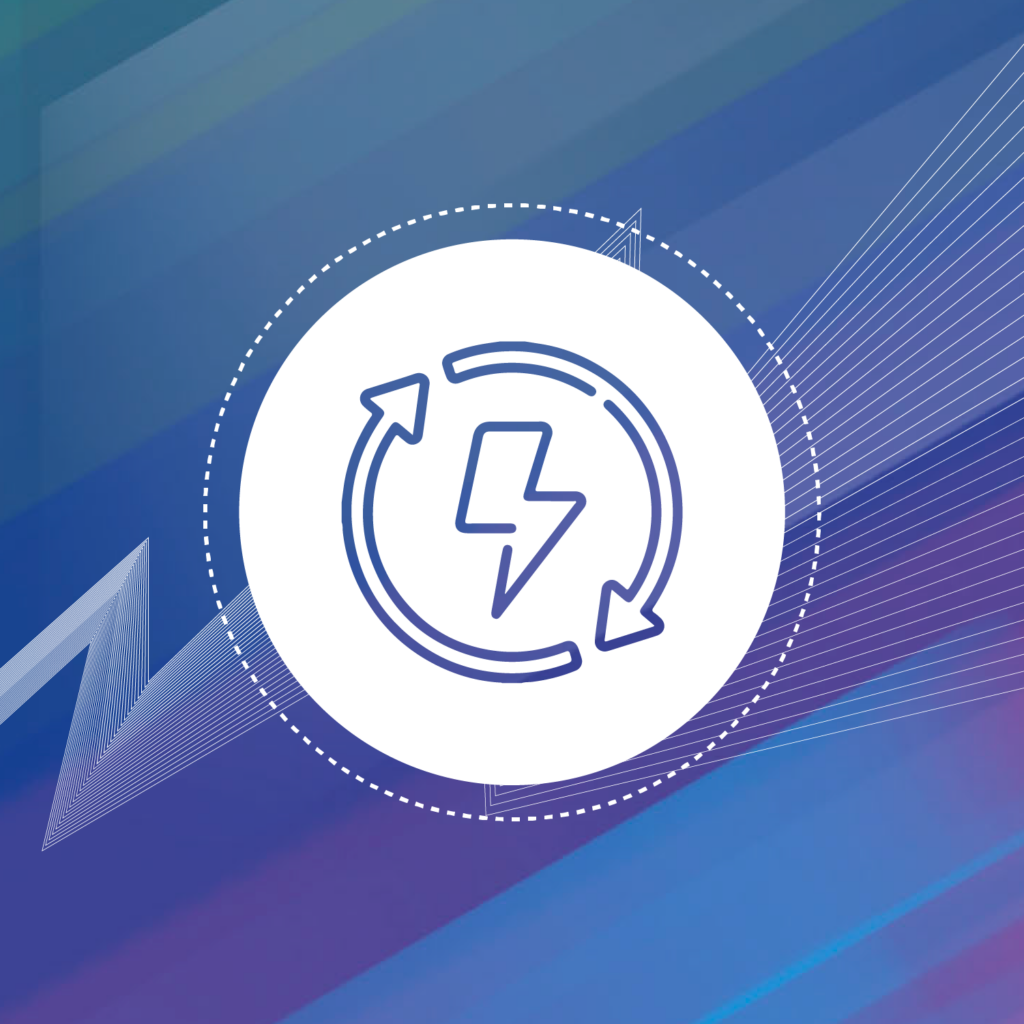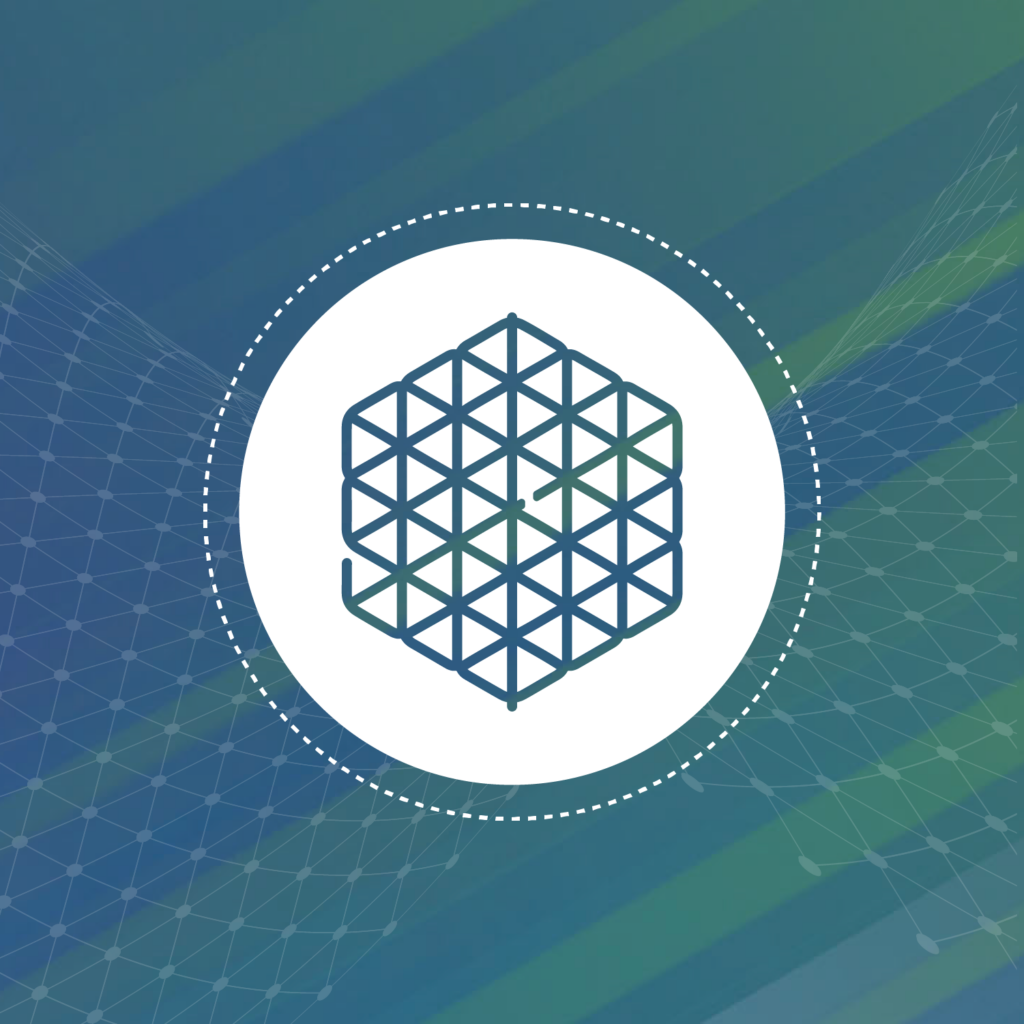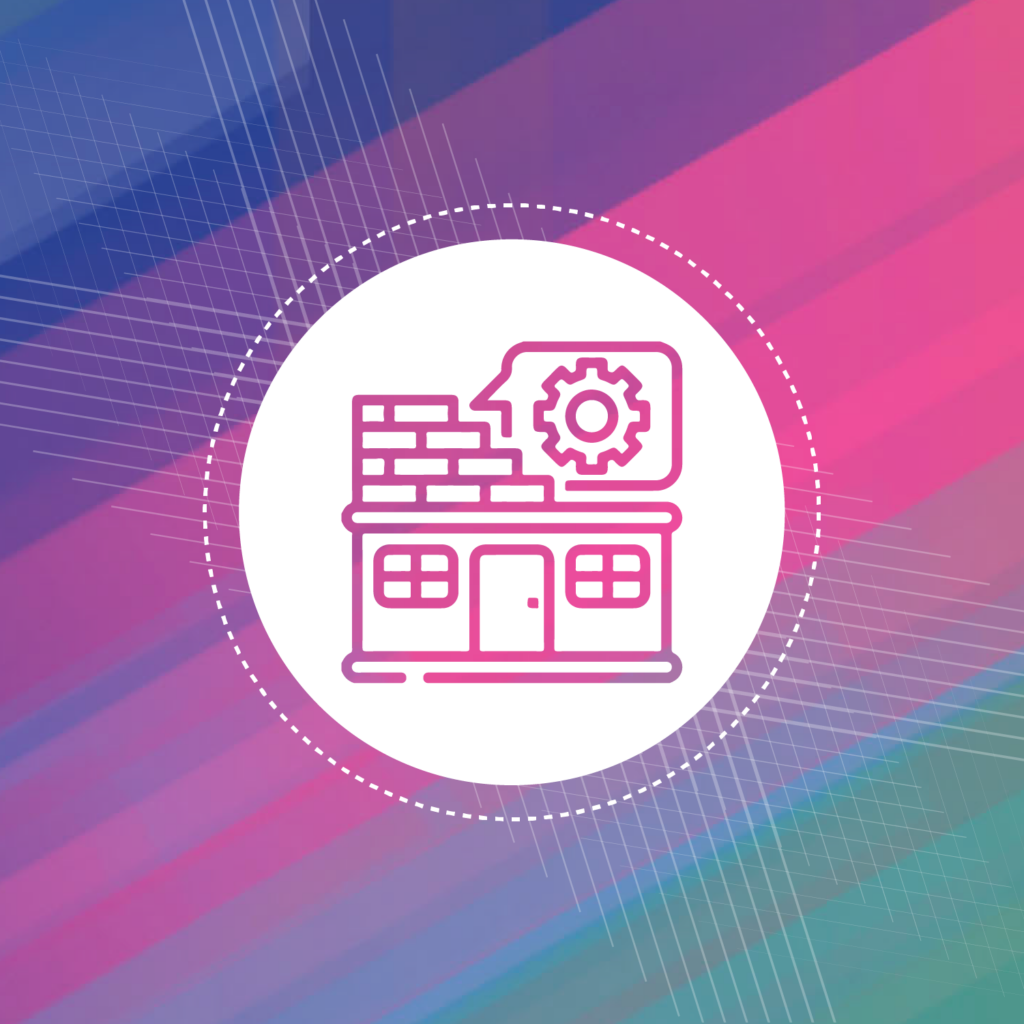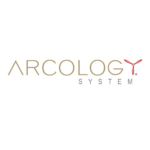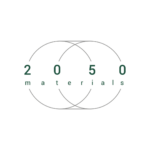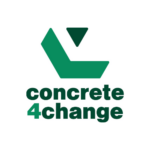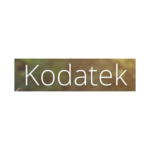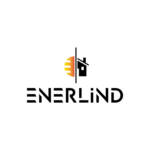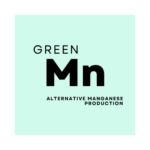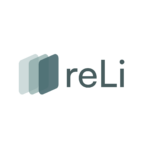Bring Your Innovation for the Built Environment to Market Faster
Do you have innovative solutions to help the built environment and construction sector transition to net-zero carbon?
We are looking for talented SMEs and start-ups to join our accelerator programme.
We are one of the most established and best-connected climate accelerators in the EU, with a proud track record of success.
We can help you solve real customer problems. Come join our programme!
Our Built Environment Accelerator helps SMEs and start-ups with innovative solutions to decarbonise the built environment to scale and grow.
Buildings are responsible for 39% of global carbon emissions. Of these total emissions, approx. 28% comes from operational emissions, or from the energy needed to heat, cool and power them, and the remaining 11% from materials and construction.
New technology and innovation will be critical to cut carbon emissions from the built environment, and at ClimAccelerator, we want to work with entrepreneurs with solutions to this problem.
The Built Environment ClimAccelerator offers a hands-on, tailor-made accelerator programme focusing on product-market fit, validation, enterprise sales and strategic commercial milestones.
To participate in the programme, your solution should be, ideally, circular in nature and be able to be deployed or integrated at scale in a built environment setting.
Participation on this programme is free of charge.
The programme will be run virtually and hosted in English.
Why Join
We are one of the most established and best-connected climate accelerators in the EU, with a proud track record of success. We are part of a broad network that includes the EIT Climate-KIC community, universities, investors and industry partners, as well as a network of mentors, fellow entrepreneurs and founder alumni. Come join our programme.
We are looking for technology and innovations that will contribute to decarbonising the built environment or help the sector adapt to the risks posed by climate change.
Solutions should include ways to reduce emissions across the whole life cycle of construction, including embodied carbon emissions.
We want to support innovations to help the sector reduce emissions and be more resilient.
We are keen to work with entrepreneurs and SMEs that have solutions for across the built environment and construction value chain of a building including: planning & design, procurement, construction, operation and end-of-life.
Solutions that are of interest include innovations that promote: local carbon design, circular materials, modern methods of construction, energy systems, maintenance systems, biodiversity, transport/ equipment and monitoring/ reporting systems, carbon savings.
This is not an endless list – so if you have a solution that you believe will help the built environment sector reach net-zero, please submit your application.
Programme highlights
- Training powered by EIT Climate-KIC and Trinity College Dublin
- Highly experienced coaches
- Access to the best connected network in the world
- Comprenhensive overview of investment opportunities via EIT CKIC Investor Marketplace
- Connecting SMEs /start-ups with relevant experts
- Tailor made to individual company
- One to coaching
- Pitching and collaboration opportunities with investors and partners
- Peer-to-peer learning and access to our alumni community

Business Model
Development
- 15 to 20 teams will be supported
- Duration: 6 weeks

Validation, Traction, Investment Ready
- Up to 10 teams will be selected to advance to this stage
- Duration: 12 weeks
Timeline 2023
-
Open call
Open call10 July
-
Close date
Announcement of selected teams10 September
-
Video pitches from shortlisted teams
Announcement of selected teams14 / 15 September
-
Announcement of selected teams
Stage 118 September
-
Stage 1
Stage 226 September - 03 November (6 Weeks)
-
Stage 2
Demo Day 08 November - 29 February (12 Weeks)
-
Demo Day
Stage 3 07 March 2024
Eligible Criteria
Business stage: SMEs and registered start-up teams with advanced business models, MVP / prototype (Min. TRL 6-7) and ideally revenue generating (or close to becoming so).
Registration status: companies that are already registered will be prioritised. You must at least be in the process of registration at the time of application.
This is a global progamme. Companies from all over the world may participate in the programme (which will be delivered during Central European Standard Time CEST).
Programme fit: your business needs: targeted capacity building, networking, sales and financial assistance to succeed.
Team: teams that have a minimum of 2 founders, which together hold at least 75% of the equity and are committed to working full-time on their venture.
Market scalability: your business solution has the potential for scalability and monetisation.
Circularity and climate change: your solution is closing a loop in one of our main programme focus areas and goes beyond circularity, by considering other footprint indicators, such as: water usage, land use, biodiversity loss and chemical pollution, among other externalities. It should have the potential to significantly reduce emissions, soil erosion, water use, etc.
Start-ups Testimonials




